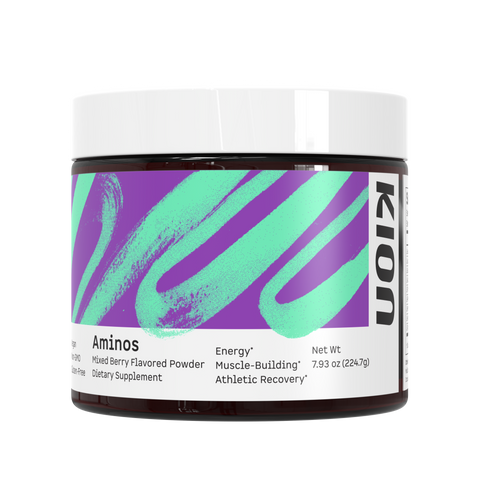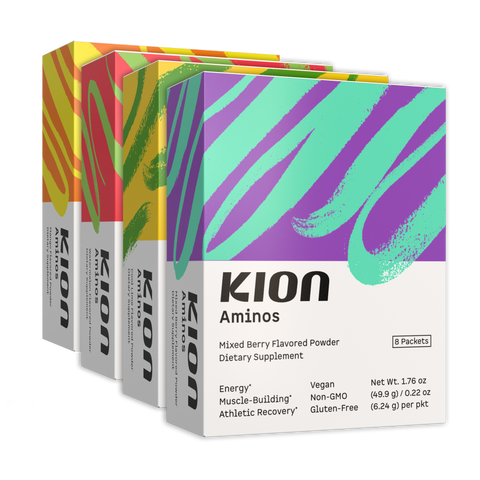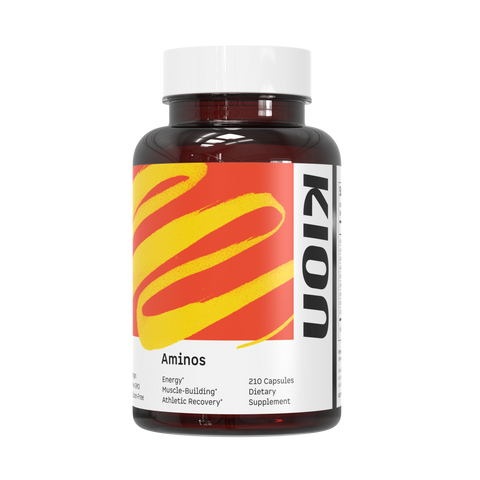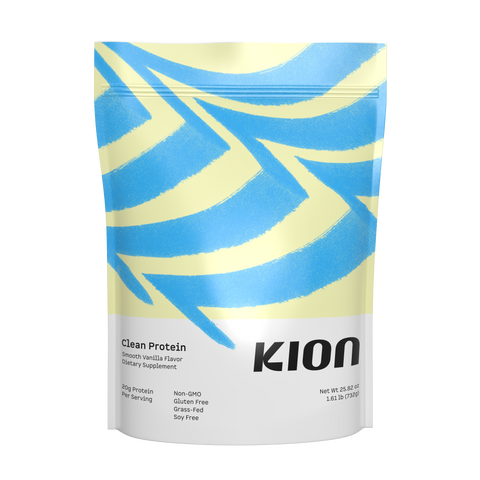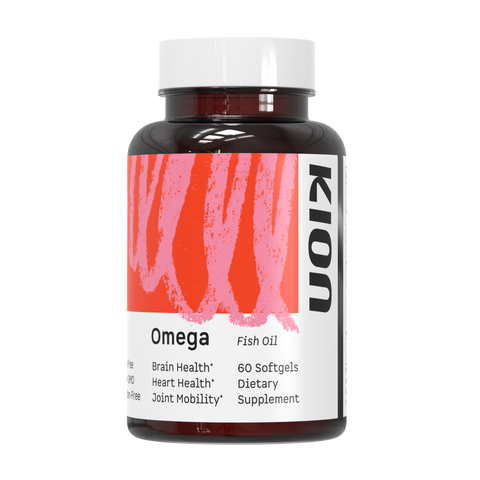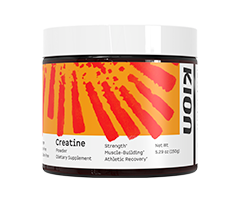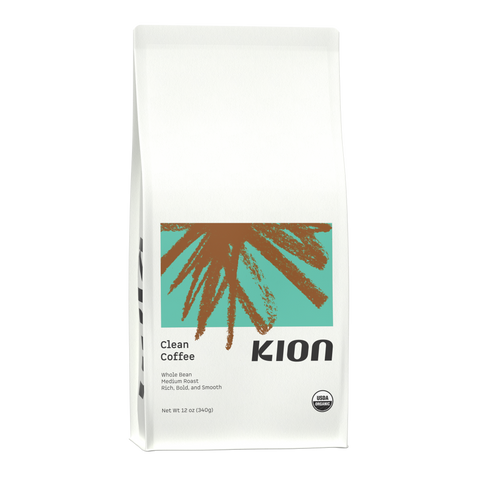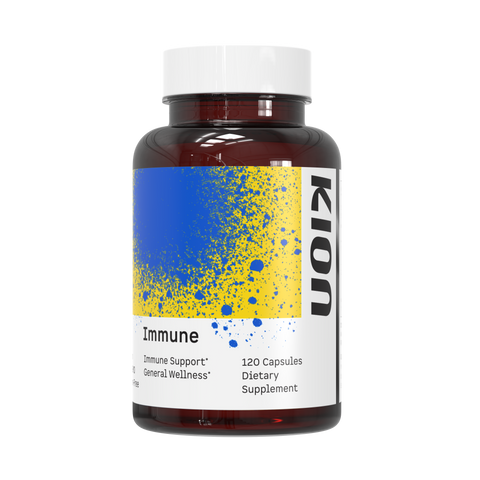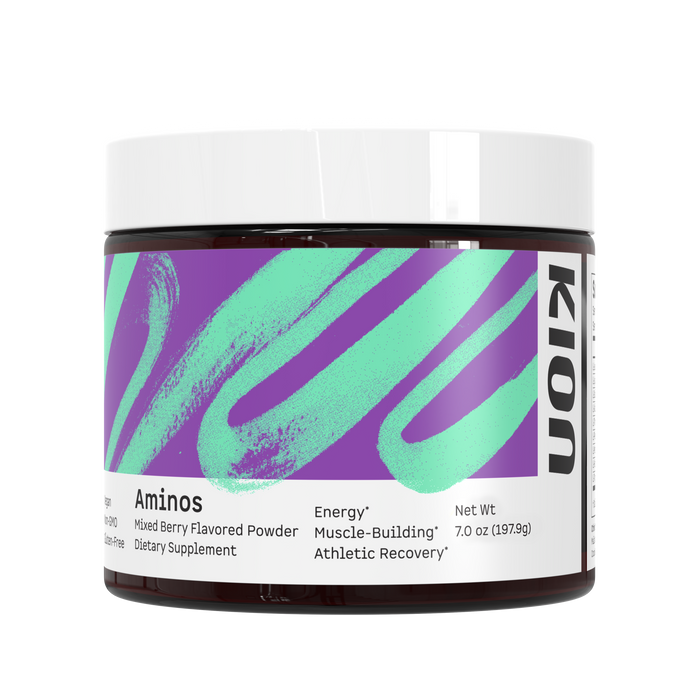Plant-based diets have become increasingly popular in recent years, with vegans and vegetarians touting health benefits such as reduced risk of heart disease, type 2 diabetes, and certain cancers.
While a plant-based diet can offer numerous health benefits, individuals following them must be extra mindful of their nutritional intake to ensure optimal well-being and avoid protein, micronutrient, and mineral deficiencies.
In this article, we'll explore what we know about plant-based diets and protein, practical, simple solutions to optimize plant-based diets, and the role essential amino acids (EAAs) play in a complete, balanced, plant-based diet.
What the Science Says
For some vegans and vegetarians, getting enough protein can be a struggle. If one doesn't eat enough foods like legumes, nuts, seeds (which are all high in protein), or any food substitutes for animal products, they could end up with an insufficient amount of protein.
Protein deficiencies can lead to muscle loss, impaired tissue repair and wound healing, weakened immunity, hormonal imbalances, fatigue, and more.
Adequate protein consumption becomes even more important for older individuals because as you age, your body has a harder time properly absorbing protein.
Even if you are getting adequate protein on a vegan or vegetarian diet, plant proteins are not as good at building muscle compared to animal proteins.
What's more, plant-based eaters need to eat significantly larger portions of food to get the same amount of protein found in other diets.
Beyond macronutrients like protein, scientists have also found that following a plant-based diet may results in deficiencies in micronutrients like vitamin B12, zinc, calcium, and selenium.
And lastly, not a lot of research has been done on how plant-based diets affect exercise performance. While these diets may be high in nutrients that could help endurance sports, they might not be ideal when it comes to strength performance. Future studies need to look at this in more detail.
Practical and Simple Solutions
Incorporating practical and simple solutions can help you get the most out of your plant-based diet.
Vitamin B12: Vegans and vegetarians should consume reliable sources of vitamin B12, as plant-based diets often lack this essential nutrient. Fortified foods, such as plant-based milks and nutritional yeast, can help meet daily requirements. Alternatively, B12 supplements can be taken to ensure adequate intake.
Iron: To optimize iron absorption from plant-based sources, pair iron-rich foods like lentils, beans, and leafy greens with vitamin C-rich foods, such as bell peppers, tomatoes, and citrus fruits.
Omega-3 Fatty Acids: Include plant-based sources of omega-3 fatty acids, like flaxseeds, chia seeds, and walnuts, to support heart and brain health. Algae-based supplements are also available as a vegan alternative to fish oil.
Calcium: Incorporate calcium-rich plant foods, such as kale, bok choy, fortified plant-based milks, and almonds, to support bone health.
EAAs: To ensure adequate intake of all nine EAAs, vegans and vegetarians should incorporate a wide variety of plant-based protein sources into their diets. Examples include legumes, whole grains, nuts, seeds, and soy products. Combining these sources at a single meal is not necessary, as long as a variety is consumed throughout the day.
Essential amino acids supplements provide a convenient solution for meeting daily EAA requirements without the need for complex meal planning.
Why Are EAAs So Important for Vegans and Vegetarians?
Getting adequate protein is often seen as one of the main hurdles to eating healthily on a plant-based diet. And the reason protein is so important is because of the amino acids found within it.
When all the right types of amino acids are present in our diet, our bodies can create proteins that build our muscles, organs, tissues, hair, skin, and nails, as well as support other important bodily functions.
There are 20 kinds of amino acids that our bodies use. These are divided into three categories: essential amino acids (EAAs), non-essential amino acids (NEAAs), and branched-chain amino acids (BCAAs).
Essential amino acids cannot be made by the body, so we need to get them from food like meat or vegetables.
This is the reason complete proteins containing all nine essential amino acids are so important for plant-based eaters.
Essential Amino Acid Supplements
Essential amino acid supplements, like Kion Aminos, are a simple and easy option if a vegan or vegetarian diet isn’t meeting your EAA needs.
Kion Aminos is made from non-GMO plant sources, meaning it’s 100% vegan.
It is also extremely digestible because the EAAs in Kion Aminos are rapidly absorbed into the bloodstream, whereas protein from food needs to be broken down and digested much more slowly, especially proteins from plant-based foods.
Additionally, Kion Aminos is made with natural flavors, is sugar-free, and contains no caffeine, artificial sweeteners, stearates, coatings, dyes. This means that it won’t negatively impact your gut health.
And Kion Aminos is convenient to use and is available in 30-serving Watermelon, Mango, Mixed Berry, and Cool Lime powders, 32-serving variety packs containing all flavors, and convenient, easy-to-swallow, 30-serving capsules.
To ensure adequate EAA consumption, vegans and vegetarians should consume 1-3 servings of Kion Aminos, 1-5 times per day.
This may vary widely based on the amount and quality of EAAs you are getting from what you eat.
Summary
Vegan and vegetarian diets offer numerous health benefits. However, it's essential for individuals following these diets to be mindful of their EAA intake.
By staying informed about the latest research, adopting strategic food combinations, and considering supplements like Kion Aminos, vegans and vegetarians can ensure they receive all the necessary nutrients for optimal health.
With proper planning and attention to detail, a plant-based diet can be nutritionally complete and a healthy, sustainable option for those wishing to cut out or cut down on meat consumption.
100% vegan source of all 9 EAAs
Buy Now
Scientific Research
- Bakaloudi DR, Halloran A, Rippin HL, et al. Intake and adequacy of the vegan diet. A systematic review of the evidence. Clin Nutr. 2021;40(5):3503-3521.
- Clark M, Tilman D. Comparative analysis of environmental impacts of agricultural production systems, agricultural input efficiency, and food choice. Environ Res Lett. 2017;12(6), 064016.
- Cleveland Clinic. What are complete proteins? December 6, 2022. https://health.clevelandclinic.org/do-i-need-to-worry-about-eating-complete-proteins/#:~:text=A%20food%20is%20considered%20a,acids%2C%20and%20in%20various%20amounts.
- Dinu M, Abbate R, Gensini GF, Casini A, Sofi F. Vegetarian, vegan diets and multiple health outcomes: A systematic review with meta-analysis of observational studies. Crit Rev Food Sci Nutr. 2017;57(17):3640-3649.
- Domić J, Grootswagers P, van Loon LJC, de Groot LCPGM. Perspective: Vegan Diets for Older Adults? A Perspective On the Potential Impact On Muscle Mass and Strength. Adv Nutr. 2022;13(3):712-725.
- Harvard T.H. Chan School of Public Health. The Nutrition Source: Calcium. https://www.hsph.harvard.edu/nutritionsource/calcium/.
- Hurrell R, Egli I. Iron bioavailability and dietary reference values. Am J Clin Nutr. 2010;91(5):1461S-1467S.
- Mariotti F, Gardner CD. Dietary Protein and Amino Acids in Vegetarian Diets-A Review. Nutrients. 2019;11(11):2661.
- McMacken M, Shah S. A plant-based diet for the prevention and treatment of type 2 diabetes. J Geriatr Cardiol. 2017;14(5):342-354.
- Medical News Today. Vegetarian and vegan sources of B-12. https://www.medicalnewstoday.com/articles/320524.
- Neufingerl N, Eilander A. Nutrient Intake and Status in Adults Consuming Plant-Based Diets Compared to Meat-Eaters: A Systematic Review. Nutrients. 2021;14(1):29.
- Pohl A, Schünemann F, Bersiner K, Gehlert S. The Impact of Vegan and Vegetarian Diets on Physical Performance and Molecular Signaling in Skeletal Muscle. Nutrients. 2021;13(11):3884.
- PubChem. Histidine. https://pubchem.ncbi.nlm.nih.gov/compound/Histidine.
- PubChem. Isoleucine. https://pubchem.ncbi.nlm.nih.gov/compound/l-Isoleucine.
- PubChem. Leucine. https://pubchem.ncbi.nlm.nih.gov/compound/Leucine.
- PubChem. Lysine. https://pubchem.ncbi.nlm.nih.gov/compound/L-lysine.
- PubChem. Methionine. https://pubchem.ncbi.nlm.nih.gov/compound/L-methionine.
- PubChem. Phenylalanine. https://pubchem.ncbi.nlm.nih.gov/compound/L-phenylalanine.
- PubChem. Threonine. https://pubchem.ncbi.nlm.nih.gov/compound/L-threonine.
- PubChem. Tryptophan. https://pubchem.ncbi.nlm.nih.gov/compound/L-tryptophan.
- Rogerson D. Vegan diets: practical advice for athletes and exercisers. J Int Soc Sports Nutr. 2017;14:36.
- Sarter B, Kelsey KS, Schwartz TA, Harris WS. Blood docosahexaenoic acid and eicosapentaenoic acid in vegans: Associations with age and gender and effects of an algal-derived omega-3 fatty acid supplement. Clin Nutr. 2015;34(2):212-218.
- Wolfe RR. Branched-chain amino acids and muscle protein synthesis in humans: myth or reality?. J Int Soc Sports Nutr. 2017;14:30. Published 2017 Aug 22. doi:10.1186/s12970-017-0184-9
- Wu G. Functional amino acids in nutrition and health. Amino Acids. 2013;45(3):407-411.
- Young VR, Pellett PL. Plant proteins in relation to human protein and amino acid nutrition. Am J Clin Nutr. 1994;59(5 Suppl):1203S-1212S.
* These statements have not been evaluated by the Food and Drug Administration. This product is not intended to diagnose, treat, cure, or prevent any disease.
© 2022 Kion. All rights reserved.



